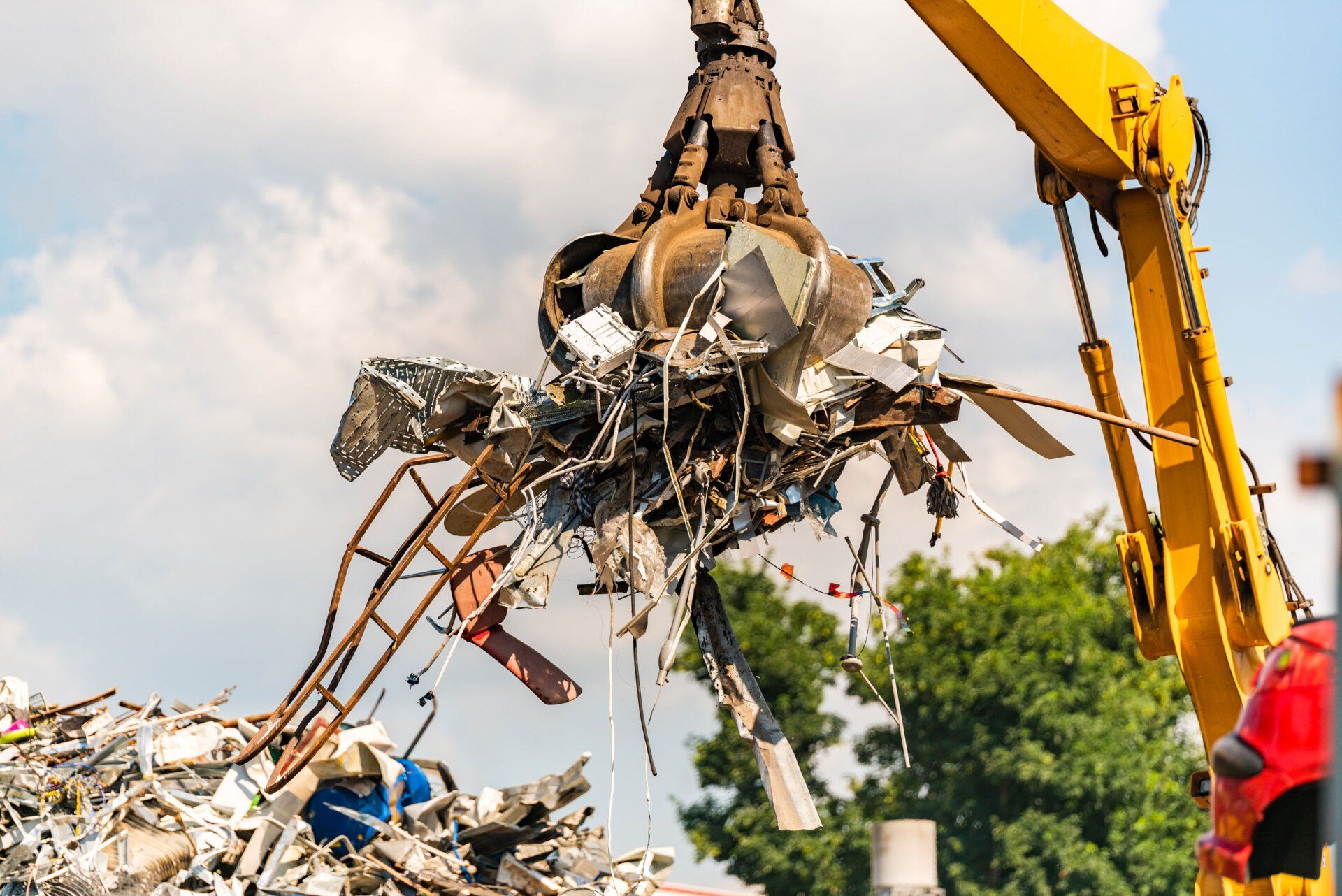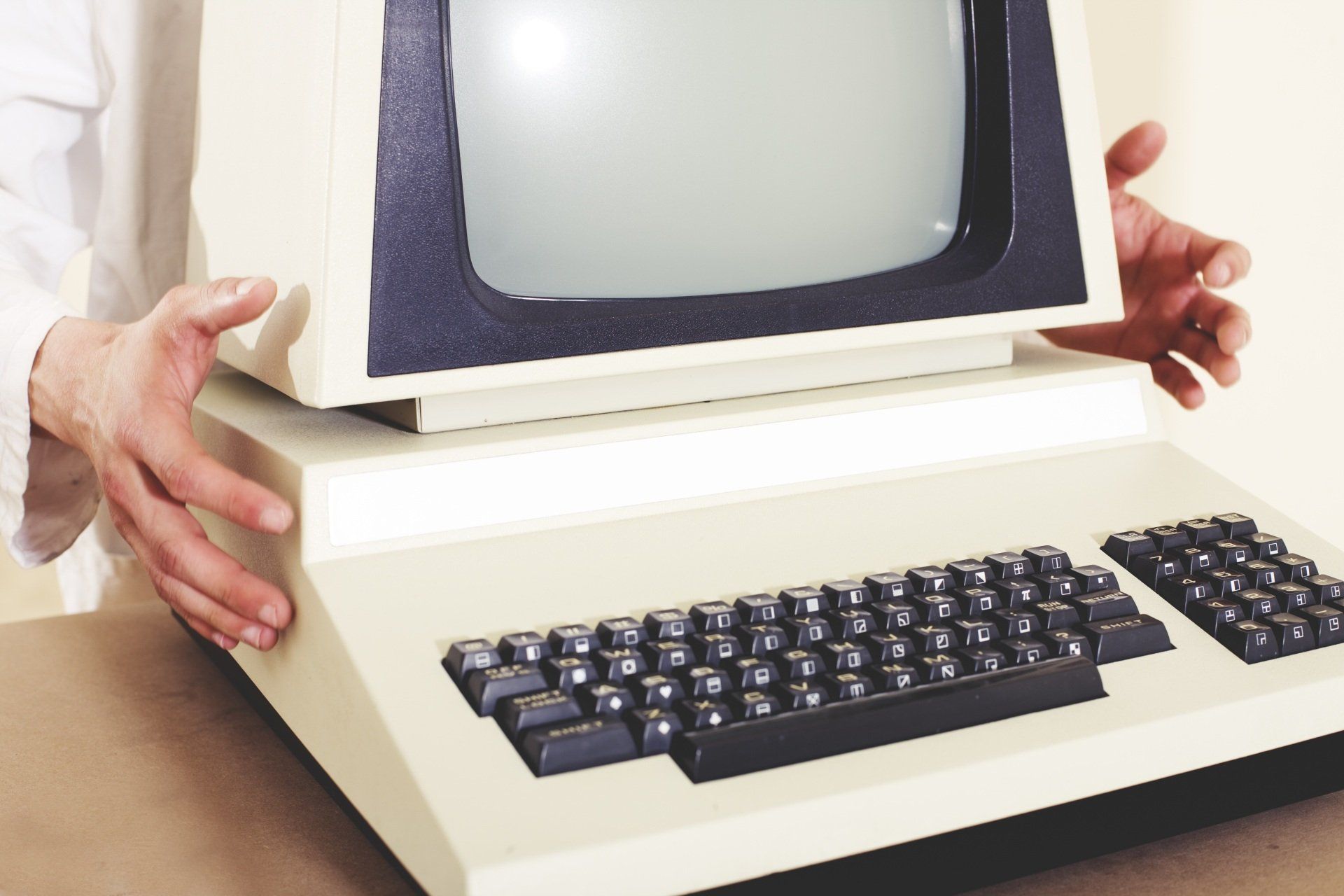Building a Sustainable Future with Scrap Metal
The Importance of Recycling

In today's rapidly evolving world, where sustainability is gaining increasing significance, it is imperative for businesses and individuals alike to embrace environmentally friendly practices. Recycling is a key aspect of this global movement, and when it comes to the recycling industry, scrap metal holds a crucial role. In this blog, we will explore the immense importance of recycling and how the responsible management of scrap metal can help us build a sustainable future.
- Preserving Finite Resources:
As the demand for metal continues to rise, the need for efficient resource management becomes paramount. Recycling scrap metal allows us to reduce our dependence on raw materials extracted from the Earth. By recycling metals such as steel, aluminum, and copper, we conserve valuable resources while minimizing the ecological impact associated with mining and extraction.
Reducing Energy Consumption and Emissions:
The recycling of scrap metal offers significant energy savings when compared to the production of new metal from virgin ores. Manufacturing metal from recycled materials requires considerably less energy and emits fewer greenhouse gases. By embracing recycling, we can actively contribute to mitigating climate change and reducing our carbon footprint.
- Conserving Landfill Space:
The improper disposal of scrap metal can have detrimental consequences for our environment. When metal waste is disposed of in landfills, it not only takes up valuable space but also poses potential risks, such as leaching hazardous substances into the soil and water sources. By recycling scrap metal, we can divert a significant amount of waste from landfills, preserving precious land resources and preventing pollution.
- Economic Benefits:
The recycling industry, including scrap metal recycling, plays a vital role in stimulating economic growth and creating employment opportunities. By recycling metals, we can establish a sustainable circular economy where valuable resources are recovered, processed, and reintroduced into the manufacturing chain. This process not only reduces the reliance on expensive extraction methods but also contributes to the creation of a green workforce.
- Environmental Protection:
Metals are notorious for their long degradation cycles, persisting in the environment for hundreds of years. By recycling scrap metal, we can prevent these materials from ending up in the oceans or polluting the natural landscape. Responsible recycling practices ensure that metal waste is properly handled, processed, and transformed into usable materials, significantly reducing environmental harm.
- Encouraging Innovation:
The recycling of scrap metal promotes innovation and technological advancements. As the demand for sustainable solutions grows, the recycling industry continues to evolve, driving research and development in areas such as metal separation, recovery techniques, and efficient recycling processes. These advancements not only enhance the efficiency of recycling operations but also open doors for new business opportunities and novel applications of recycled metals.
The importance of recycling, especially when it comes to scrap metal, cannot be overstated. By recycling, we preserve finite resources, reduce energy consumption and emissions, conserve landfill space, stimulate economic growth, protect the environment, and encourage innovation. It is crucial for individuals, businesses, and governments to actively participate in responsible recycling practices to build a sustainable future for generations to come. Together, let us embrace the power of recycling and shape a world that values both economic prosperity and environmental well-being.
Benefits of Recycling Scrap Metal




